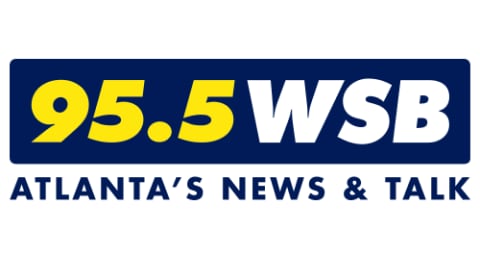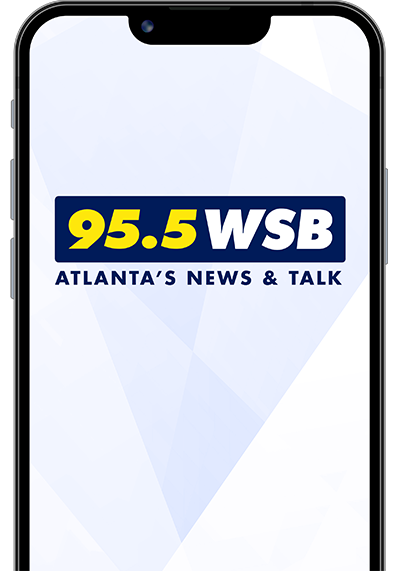ATLANTA — Atlanta Federal Reserve President Raphael Bostic has been found to have violated the rules of the Federal Open Market Committee.
“On Oct. 14, 2022, Board of Governors of the Federal Reserve System Chair Jerome Powell requested that we “conduct an independent review of the extent to which the 2017–2021 trading, investment and disclosure activities of President Bostic violated the law or Federal Reserve policies; whether his trading, investment, and disclosure activities warrant further investigation by other authorities; and any other related matters that you deem appropriate,” Stephen Carroll, Federal Reserve Associate Inspector General for Investigations, said in a release.
The investigation results say Bostic violated Federal Reserve policies while in office, but didn’t do enough to break the law.
The investigation found that Bostic violated:
- the FOMC blackout rule when securities transactions were executed on his behalf during multiple blackout periods
- the Reserve Bank disclosure statement policies from June 28, 2018, to Oct. 14, 2022, when he did not initially report his securities transactions on his 2017–2020 Form A Federal Reserve Bank Confidential Financial Disclosure Reports (Form As) and did not accurately report his securities transactions and holdings on his 2021 and 2022 Form As
- the Reserve Bank prohibited holdings policies from June 11, 2021, to June 9, 2022, when he held U.S. Treasury bonds or notes in excess of the $50,000 threshold
- the FOMC trading preclearance rule in two instances when he did not execute trades in accordance with what he had submitted in the preclearance system
In response to questions during the investigative process, Bostic told officials that several financial transactions, which violated the rules in question, had occurred because of a third-party account manager. According to the investigation, the trades in question were not made based on insider information.
The Atlanta Fed president also said that he took additional actions to distance himself from direct management of trades, not only using a third-party to manage his assets but actively choosing not to monitor individual trades, using a third-party tax preparer instead to “eliminate the possibility” of appearing to use nonpublic information for his investment decisions.
“We did not find any evidence that Dr. Bostic’s trades were based on confidential FOMC information, and we determined that he did not have financial conflicts of interests. We independently verified that Dr. Bostic relied on third-party managed accounts and that neither he nor his personal investment advisors had the ability to direct specific trades. Dr. Bostic was nonetheless responsible for ensuring that all trades and investments made on his behalf complied with all applicable rules, including the provisions addressing appearance standards,” the investigative report concluded.
The investigators are referring their closed investigation to the Federal Reserve Board for any potential further actions.
A Federal Reserve Board spokesperson shared a statement that confirmed they have received the report and are reviewing it.








